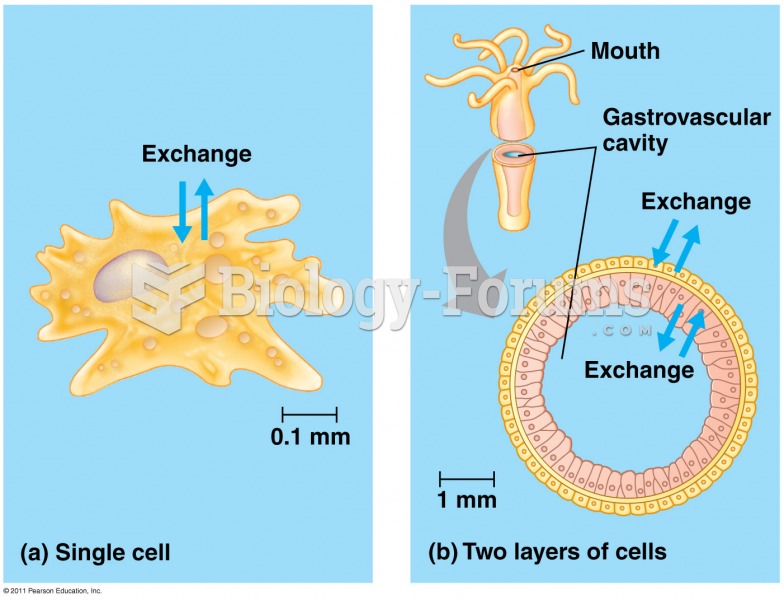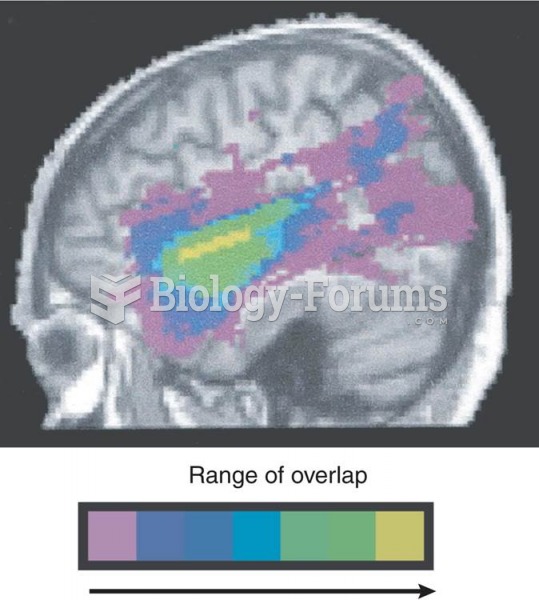|
|
|
Liver spots have nothing whatsoever to do with the liver. They are a type of freckles commonly seen in older adults who have been out in the sun without sufficient sunscreen.
The use of salicylates dates back 2,500 years to Hippocrates’s recommendation of willow bark (from which a salicylate is derived) as an aid to the pains of childbirth. However, overdosage of salicylates can harm body fluids, electrolytes, the CNS, the GI tract, the ears, the lungs, the blood, the liver, and the kidneys and cause coma or death.
Opium has influenced much of the world's most popular literature. The following authors were all opium users, of varying degrees: Lewis Carroll, Charles, Dickens, Arthur Conan Doyle, and Oscar Wilde.
The first oncogene was discovered in 1970 and was termed SRC (pronounced "SARK").
Children with strabismus (crossed eyes) can be treated. They are not able to outgrow this condition on their own, but with help, it can be more easily corrected at a younger age. It is important for infants to have eye examinations as early as possible in their development and then another at age 2 years.
 Frederick Douglass, having escaped from slavery in 1836, attracted large audiences as an antislavery
Frederick Douglass, having escaped from slavery in 1836, attracted large audiences as an antislavery
 For ice massage, ice is frozen in a cylindrical container or a paper cup (A). The top half of the cu
For ice massage, ice is frozen in a cylindrical container or a paper cup (A). The top half of the cu





